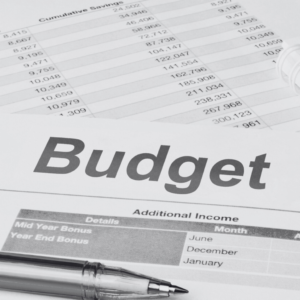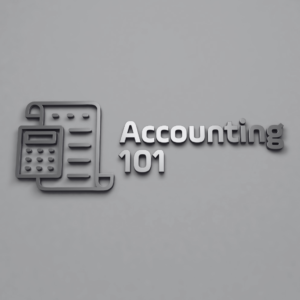How to manage your personal budget
With all the personal expenses you have nowadays to live, from renting a house to buying food, it can be a bit overwhelming to organize a budget and stick to it. However, in this blog we leave you some tips that may work for you to make this task much easier than it seems, are you ready?
What is a budget and how to calculate it?
A budget is a plan for every dollar in your pocket. Being clear about this means more financial freedom, i.e., less stress about money matters.
To establish it, it is necessary to first calculate your monthly income. Once this is done, we recommend testing the 50/30/20 rule as a budgeting framework, which is as follows:
-50% of your income goes to cover basic needs.
-30% goes to fulfill your desires or things you can do without.
-20% goes directly to your savings and debt repayment.
This budget management plan is extremely simple to carry out and is functional even in the long term, since it allows you to spend on personal tastes and save for retirement. In case you have debts, it is of utmost importance that you prioritize the payment of them, since your budget can be out of balance if you have accumulated debts. The basis of healthy finances is to be free of debt, so you can allocate a percentage of your budget exclusively to pay them.
Another way of organization is the "budget to zero", which consists of naming every dollar you have before the month begins. This way, you make sure that none of your money is slipping through your fingers or that it ends up being spent and you don't really know what it's being spent on.
The key to keeping your personal budget under control is to monitor it periodically, so you will know exactly what you have spent your money on and where you can make a greater effort to save.
Remember that you can always consult experts for advice in case you have any doubts. You can schedule your appointment completely free of charge with our team of experts at Core CPAs & Advisors: https://www.corecpas.com
RELATED POSTS

Tax Refund
Everything you need to know about a tax refund What is it? A tax liability is a payment owed by an individual, business, or other

How to manage your personal budget
How to manage your personal budget With all the personal expenses you have nowadays to live, from renting a house to buying food, it can

Are you in the Medical Field? Our Tax Planning for Medical Professionals May be for You!
Are you in the Medical Field? Our Tax Planning for Medical Professionals May be for You! The medical field has always been one of the

How often should you visit your CPA in Orange County?
How often should you visit your CPA in Orange County? Regular visits to your doctor and dentist are the law. You don’t need anyone to

Accounting 101 why you need a good bookkeeper to help your business
Accounting 101 why you need a good bookkeeper to help your business In order to have good management of any company, regardless of its line

How to Prepare for Crypto Audits
How to Prepare for Crypto Audits The world of cryptocurrency is still a novelty for the vast majority of people and, therefore, a mystery. This
